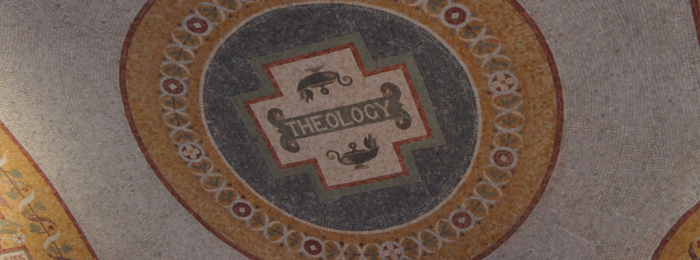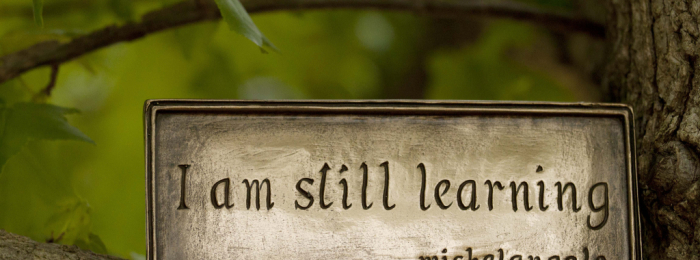“Reading is an immense gift, but only if the words are assimilated, taken into the soul—eaten, chewed, gnawed, and received in unhurried delight.” — Eugene Peterson, Eat This Book DEVELOP AN ETHIC OF READING In the last post, I asked you to consider the following scenario: if there were a “preface” to Holy Scripture—showing us what lens with which to…
Read More
CATCHING UP In the first post of this series, we learned that “theology” is simply learning to embrace good and right ideas about God. C. S. Lewis compared the study of theology to holding a map of the world—a much needed help if you are interested in serious exploration. In the second post, we saw that not all ideas about God—or…
Read More
The Value of Creeds and Church Tradition There is no doubt in my mind that God has provided all that we need to know in matters pertaining to “life and godliness” (2 Peter 1:3). In our search for such things, it is right to appeal “to the teaching and to the testimony” found in Scripture (Isaiah 8:20). The very words…
Read More
Consider three statements: “I don’t interpret the Bible. I just read it and do what it says.” “If the Bible needs interpretation, then it isn’t given by inspiration.” “Common sense is the only interpretation method we need to understand the Bible.” Have you ever heard someone express sentiments like these? It usually comes from a good heart, and a strong…
Read More
If God sets rules, we are called to keep them. “If you love me,” says Jesus, “you will keep my commandments” (John 14:15). “Here’s how we can be sure that we know God in the right way,” writes John: “Keep his commandments” (1 John 2:3 MSG). It’s even possible to speak of “loving” God’s rules, since they give us peace,…
Read More
“What you heard from me, keep as the pattern of sound teaching, with faith and love in Christ Jesus. Guard the good deposit that was entrusted to you—guard it with the help of the Holy Spirit who lives in us.” (2 Timothy 1:13-14) “In other words, Theology is practical: especially now. In the old days, when there was less education…
Read More
The Need For Humility “Seek humility” (Zephaniah 2:3). In the year 1633, the religious scholars of the day were convinced that the sun revolves around the earth. They reached this conclusion from their reading of Scripture, believing it to be obvious, true, and not to be questioned. After all, Scripture says the sun rises and sets (Ecclesiastes 1:5), and must…
Read More
One of the most beautiful descriptions of what intellectual Christian faith involves was penned in the year 1077. In the first chapter of his Proslogion, Anselm writes these stirring words: I acknowledge, Lord, and I give thanks that you have created in me this your image, so that I can remember you, think about you and love you. But it…
Read More
Healthy Theology is only available if we are willing to grow and to hear things that challenge our thinking, and open our hearts. This means that a lover of God, and student of Scripture, has an open attitude toward learning. The word disciple literally means learner; so when we are called to be disciples, we are actually being asked to…
Read More
In Paul’s final letters to young preachers Timothy and Titus, he urges them to “teach what is appropriate to sound doctrine” (Titus 2:1 NIV), because “the time will come when people will not put up with sound doctrine” (2 Timothy 4:3 NIV). When I was growing up, this phrase was actually used as “code:” if a church advertisement said it…
Read More










